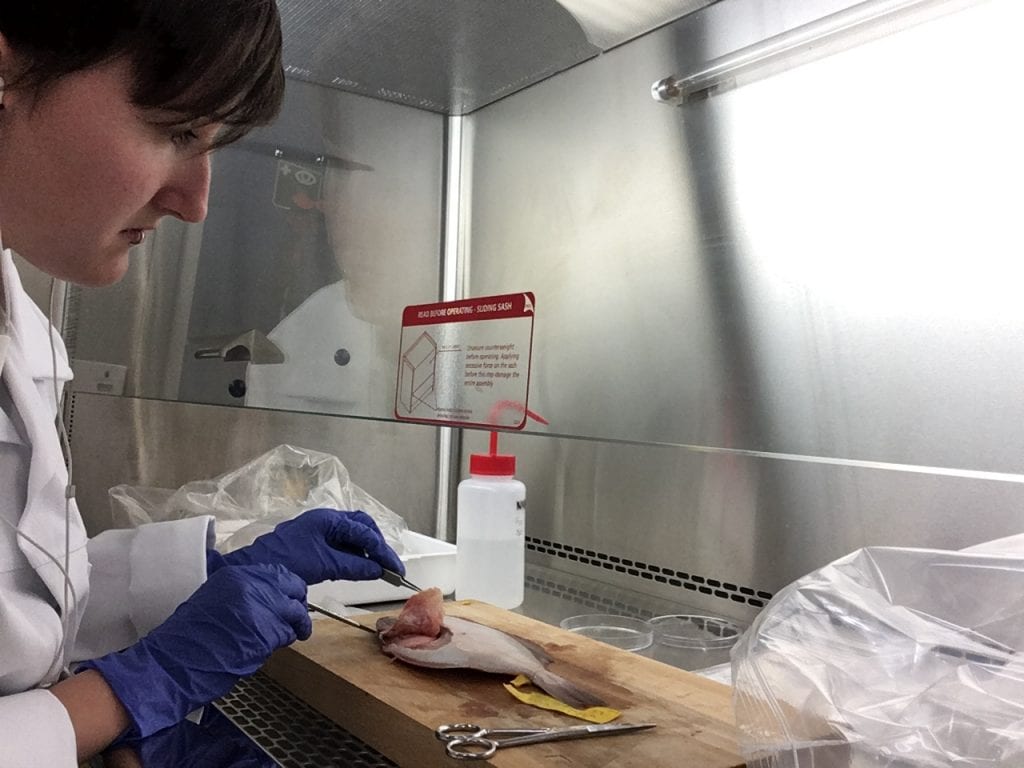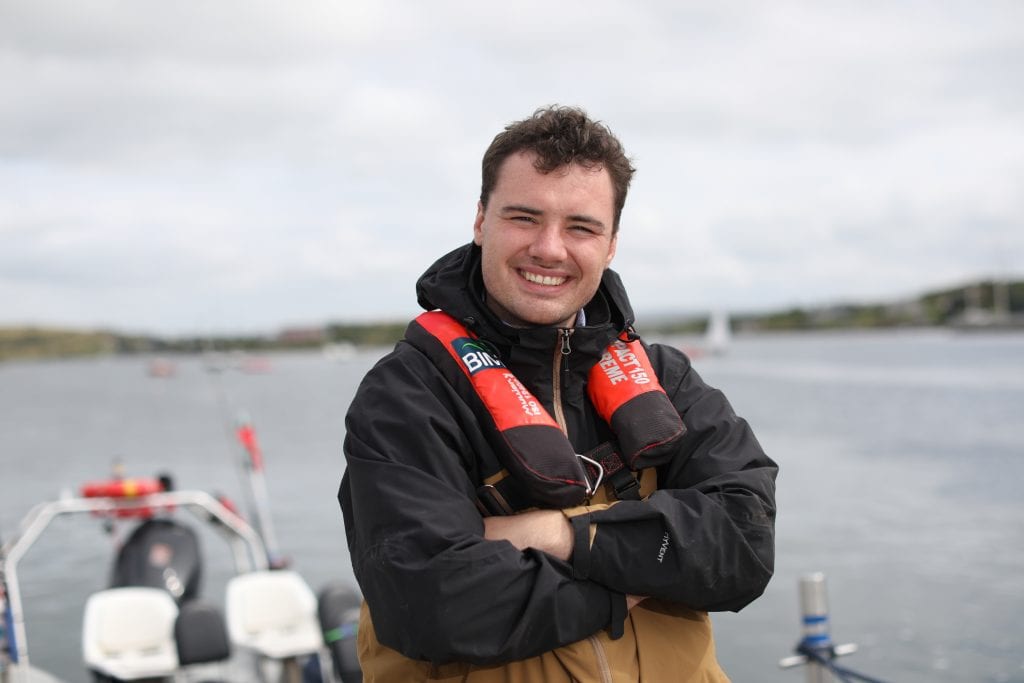

The Fishmongers’ Company works to safeguard and develop healthy marine and freshwater environments and the fisheries and aquaculture industries that depend on them. Through its Targeted Academic Sponsorship programme, the Company builds skills and capacity within these areas, filling gaps in knowledge and understanding, and providing opportunities for career development. The programme provides funding for PhD and master’s students as well as supporting paid internships in partner organisations that lack resources and internal capacity.
Recipients are also invited to join the Company’s Fisheries Alumni Network, fostering long-term collaboration among those who have received funding from The Company. Here we hear from two of our alumni, Matthew Spencer, now of the Marine Conservation Society and Alex McGoran, a PhD student with Royal Holloway University and the Natural History Museum, to find out how funding from the Company has supported their careers and their contribution to the fisheries sector.
Matthew: The crux of my internship was to increase the Environmental Defense Fund’s understanding of the UK seafood sector and identify key areas of interest through an industry report into the state of the UK seafood sector and a condensed five-page handout for those with interests in the sector.
Alex: My project focuses on the transfer of microplastics up the Thames food web. Dissections of invertebrates, fish and stranded seals will provide evidence for plastic ingestion at all levels of the food web. Thus far, the focus has been on sample collection, with trawl and sediment samples being taken and two seal necropsies performed.

Matthew: I have greatly developed personally and professionally as a result of my internship. As someone with a great deal of previous field experience, the opportunity to understand the workings of an office-type environment has been crucial. I have significantly improved my skills in organising and implementing projects and my self-confidence through chairing high-level meetings and contributing to industry-leading forums.
Alex: I have been given the opportunity to learn a large range of scientific methods including dissections and sediment cores. I have also developed my communication skills through several conferences and outreach events offered by the Natural History Museum or funded by the FCFCT. The funding has also enabled me to attend Micro2018, an international microplastics conference, and the Marine Alliance for Science and Technology annual meeting in Scotland.
Alex: The financial contributions of Fishmongers’ Company have helped me make contacts that will provide opportunities for collaboration and pathways to future jobs. The support is essential for the completion of my PhD study, and boat time would not have been affordable without Fishmongers’ contribution. By exploring the movement of microplastics through the food web and increasing my sample collection capabilities, I can develop more skills and produce a better thesis, ultimately helping me in getting a post-doc or moving into industry.

Matthew: The opportunity to intern with the Environmental Defense Fund due to the generosity of FCFCT’s Targeted Academic Sponsorship programme has given me the career I have had to date. Through their support, I was able to secure permanent employment at a globally leading environmental NGO and help break the unfortunate cycle in which many graduates find themselves: working part-time to save for voluntary experiences for career development and then returning to part time work (a garden centre and a pub in my case). Through this programme I was able to develop many of the core skills needed to progress in the environmental & fisheries sector and am now working at the Marine Stewardship Council. None of this would have been possible without the FCFCT and I am incredibly thankful for the opportunity. I hope many more will continue to benefit from such a great programme!